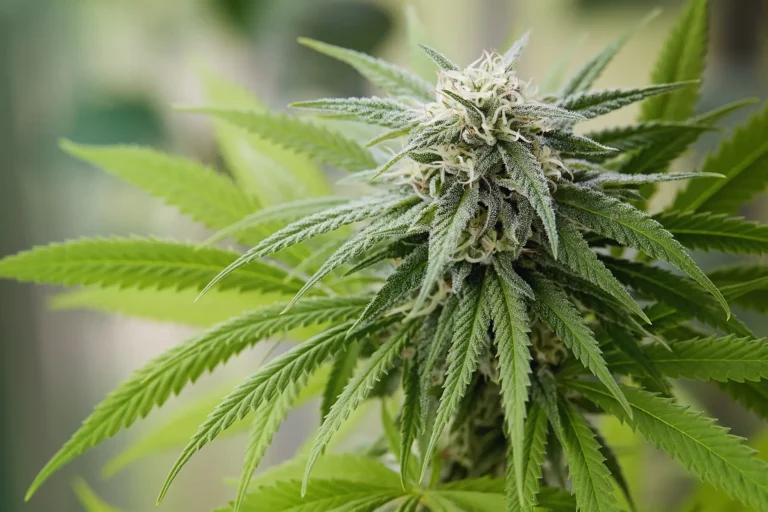What is autism Autism?
Also known as Autism Spectrum Disorder (ASD), is a developmental disorder that affects communication, social interaction, and behaviour. It is a complex disorder with a wide range of symptoms and severity levels that can appear in early childhood and last throughout a person’s life.
Symptoms of Autism
- Verbal and nonverbal communication,
- Social interactions,
- Repetitive behaviours or patterns of interests.
Some common signs of autism include;
- Delayed language development,
- Difficulty initiating and maintaining conversations,
- Difficulty with social cues,
- Lack of interest in sharing experiences with others.
Treatment
In the rapidly evolving field of autism treatment, new therapies and approaches are being explored to address related symptoms and improve the lives of individuals with autism spectrum disorder (ASD).
There are various treatments and intervention services for Autism Spectrum Disorder (ASD). These include:
- Special Diets and Herbal Supplements: Some individuals with autism may benefit from certain dietary changes or herbal supplements, although their effectiveness can vary greatly between individuals.
- Therapies: A wide range of therapies are used in the treatment of autism. These include occupational therapy, speech therapy, physical therapy, animal therapy, arts therapy, play-based therapy, and mindfulness or relaxation therapies.
- Pharmacological Therapy: There are some drugs already approved for children with autism spectrum disorder. These can help reduce emotional distress and aggression.
- Applied Behaviour Analysis (ABA): This is a type of therapy that focuses on improving specific behaviours, such as social skills, communication, and academics, as well as adaptive learning skills, such as fine motor dexterity, hygiene, grooming, domestic capabilities, punctuality, and job competence.
- Behavioural Interventions: These interventions focus on teaching individuals with autism new skills and reducing behaviours that may interfere with learning or functioning.
Medical Cannabis & Autism
Medical cannabis is increasingly being recognised for its potential therapeutic benefits in treating autism. Various studies propose that Tetrahydrocannabinol (THC), one of the active compounds in cannabis, could potentially be beneficial for autism treatment[1]. Furthermore, there is growing interest in the potential benefits of CBD-rich cannabis treatment for children with Autism Spectrum Disorder (ASD)[2]. A retrospective study conducted on 60 children showed promising results, suggesting the potential benefits of CBD-enriched cannabis[3].
Moreover, the use of medical cannabis has been reported to reduce the number and intensity of different symptoms associated with autism, including hyperactivity[4]. There are also real-life experiences that highlight the noticeable improvement in individuals with autism following medical cannabis treatment[5]. Although the research is ongoing, these findings shed a positive light on the potential of medical cannabis as a viable treatment option for autism.



